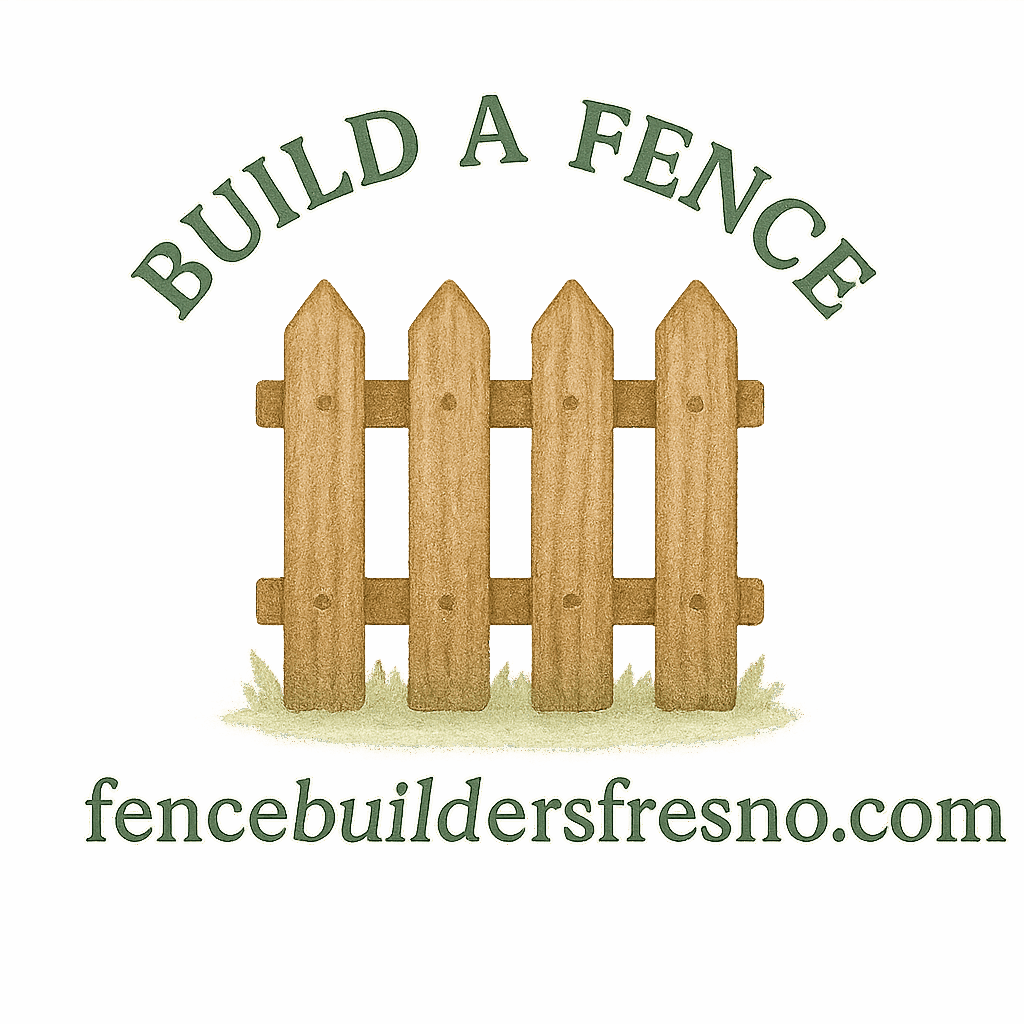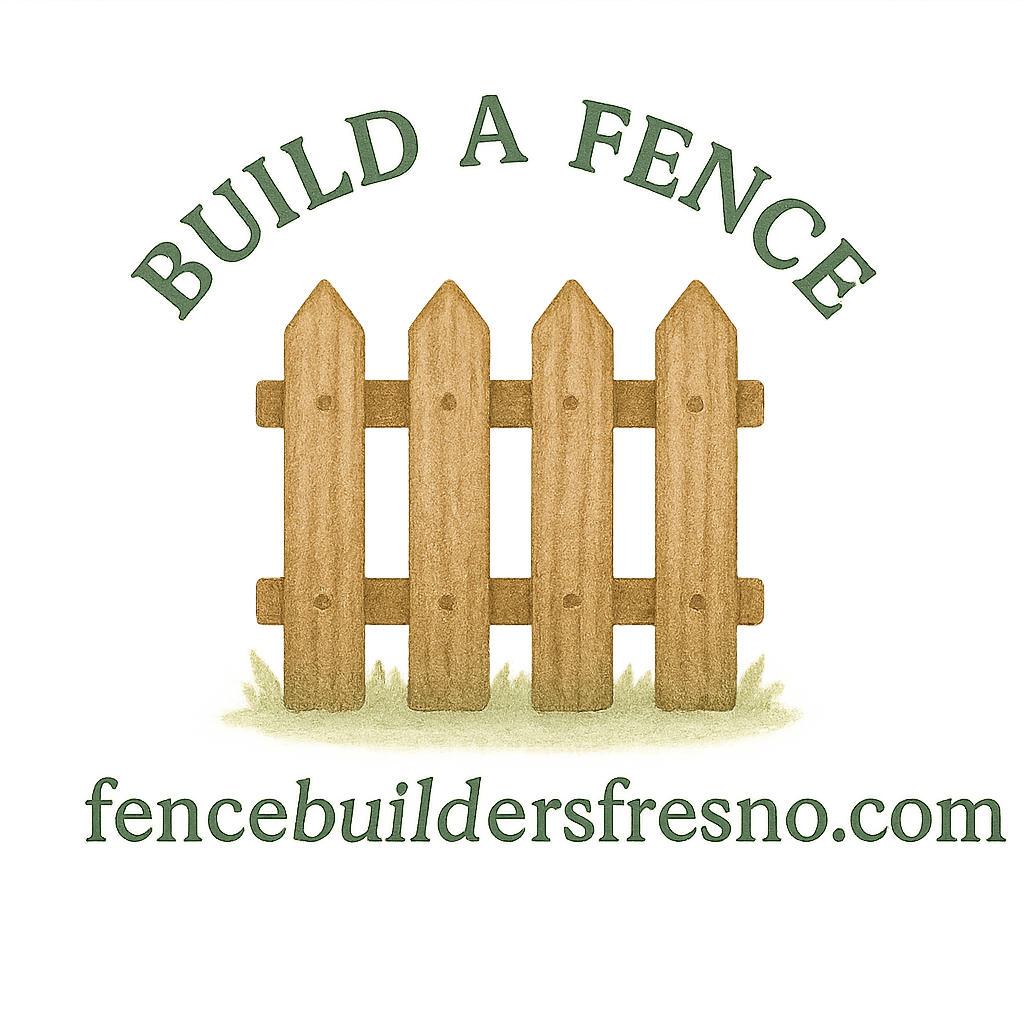Introduction to DIY Fencing Planning
Ever looked at your yard and thought, “I could build a fence myself”? Well, you’re not alone. More homeowners are turning to DIY fencing planning to save money, customize their designs, and get the satisfaction of completing a project with their own two hands. Planning your fence before you build it is just as important as the installation itself—it’s the blueprint that ensures success.
Why DIY Fencing Planning Matters
Before diving into the nuts and bolts, let’s talk about why doing the planning yourself is such a big deal. When you take the reins, you’re not just putting up a barrier—you’re making decisions about your property, your budget, and your lifestyle.
Taking Control of Your Property Boundaries
DIY planning gives you direct oversight of where your fence sits. You’ll be confident that it aligns perfectly with your property lines and avoids disputes.
Saving Time and Avoiding Delays
When you rely on contractors, schedules often clash. Doing it yourself means working on your time without waiting weeks for someone else’s availability.

Benefit 1: Cost Savings With DIY Fencing Planning
Money is often the number one motivator for DIY projects, and fencing is no different.
Cutting Out Contractor Fees
Hiring professionals is pricey. By planning your fence, you cut out consultation and labor fees that can eat up your budget fast.
Buying Materials at Your Pace
Instead of a contractor dictating your purchases, you can shop around for deals on durable fencing materials, compare suppliers, and buy as your budget allows.
Benefit 2: Full Creative Control Over Fence Design
Your home deserves a fence that’s as unique as you are.
Choosing Fence Styles That Match Your Home
Whether you want a decorative fence for the front yard or a tall privacy wall, DIY planning means you pick the design, not someone else.
Mixing Practicality and Aesthetics
It’s not just about looks—it’s about function. For example, a front yard fence can add curb appeal while still keeping pets safe.
Benefit 3: Understanding Legal Property Considerations
Skipping this step can land you in hot water.
Avoiding Fence Encroachment
By learning about fence encroachment, you can prevent headaches with neighbors.
Respecting Property Lines and Local Laws
DIY planning forces you to research legal fencing requirements and make sure your fence respects codes and property rights.
Benefit 4: Customizing Fence Types and Materials
Not all fences are created equal.
Comparing Fence Types
DIY planning lets you compare options like vinyl fences, wood, or chain link. Each has pros and cons that fit different lifestyles.
Picking Low-Maintenance Options
Prefer less upkeep? Go for low-maintenance fences that last longer with minimal effort.
Benefit 5: Developing Hands-On Skills
Think of fencing as more than a project—it’s a skill-building opportunity.
Learning Fence Installation Basics
Through DIY planning, you’ll naturally pick up fence building basics that can help with future repairs.
Building Confidence Through DIY Projects
Every project boosts your confidence. And once you finish planning and building, you’ll feel ready for more DIY challenges.
Benefit 6: Flexibility in Timeline and Budget
Working at Your Own Pace
DIY fencing planning gives you freedom. Want to work weekends only? No problem.
Adjusting Plans Without Extra Costs
Unlike contractors, you can tweak designs without worrying about change order fees.
Benefit 7: Easier Future Fence Maintenance
Knowing Every Detail of Your Fence
Since you designed it, you’ll know exactly how to handle fence maintenance later on.
Planning for Long-Term Durability
By researching wood fence care and other upkeep tips, you’ll plan smarter for the future.
Benefit 8: Greater Appreciation for Your Property
Feeling Proud of Your Work
There’s nothing like standing back and saying, “I built that.”
Enhancing Your Outdoor Living Space
A thoughtfully planned fence can transform your yard into an inviting outdoor sanctuary.
Benefit 9: Personal Satisfaction and Peace of Mind
Achieving Your Vision
Your fence reflects your vision—not a contractor’s interpretation.
Avoiding Disputes and Misunderstandings
Clear DIY planning reduces confusion and prevents legal disputes with neighbors.
Step-by-Step Guide to DIY Fencing Planning
Assessing Your Needs
Decide: Do you want privacy, security, or decoration?
Creating a Detailed Fence Design
Use the fence design and planning guide to sketch out your layout.
Gathering Tools and Materials
Make a checklist of what you’ll need before starting.
Mapping Property Lines Correctly
Double-check property surveys to ensure accuracy.
Estimating Costs and Timeline
Plan your budget and create a realistic schedule.
Common Mistakes to Avoid in DIY Fencing Planning
Ignoring Local Codes and Laws
Never skip permits or city rules—it’ll cost you later.
Choosing Materials Without Research
A cheap fence today may be a costly repair tomorrow.
Skipping the Maintenance Plan
If you don’t plan upkeep, even the best fence won’t last.
Conclusion
DIY fencing planning is more than just a money-saving hack—it’s a rewarding project that gives you freedom, control, and pride. From cost savings to creativity, legal awareness to skill development, the benefits are endless. By planning your fence yourself, you not only build a boundary but also strengthen your connection to your property.
FAQs
1. Is DIY fencing planning hard for beginners?
Not at all! With the right guides and patience, even first-timers can succeed.
2. How much money can I save by planning my fence myself?
You can save thousands by cutting contractor fees and shopping for materials wisely.
3. What’s the most common DIY fencing mistake?
Not checking property lines and local laws before building.
4. Which fence type is best for low maintenance?
Vinyl and composite fences are top low-maintenance options.
5. Can DIY fencing planning prevent neighbor disputes?
Yes—by properly mapping property lines, you’ll avoid encroachment issues.
6. Do I need a permit to build a fence?
In most cases, yes. Always check local regulations before you start.
7. Where can I find step-by-step fence planning help?
Check out resources like the Fence Design & Planning Guide for detailed steps.


